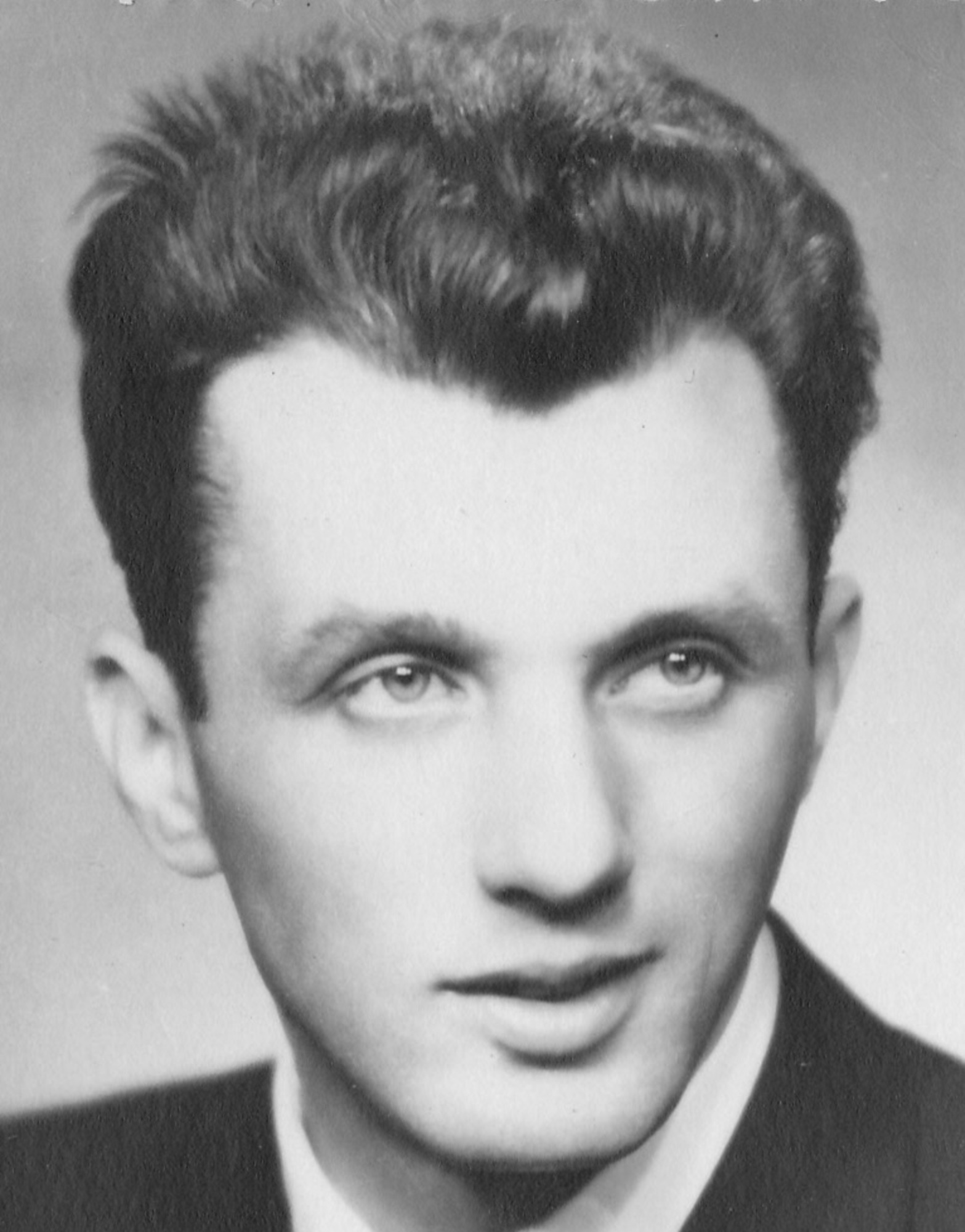From a teacher to a warehouseman in a bakery

Stáhnout obrázek
Oldřich Kolzrt was born April 6, 1929 in Železný Brod. He was an active sportsman since his youth: he was one of the best Czech athletes in sprinting among senior pupils, and he was also one of the best players in the local handball team. He graduated from the Faculty of Pedagogy in Prague, and later he also completed long-distance study at the Faculty of Physical Education and Sports. He has raised many good athletes thanks to his systematic activity as a sports coach and teacher both in school and in extracurricular activities. In 1968 he signed the 2000 Words Manifesto and in 1970 he was transferred to the grammar school in Trutnov. Four years later he was banned from teaching at all schools in Czechoslovakia. For the following three years he worked in the bakery in Semily. After he moved to the Modřany neighbourhood in Prague, he began working in the Modřany Machine-works, where he eventually spent twenty-two years. In his free time he taught in the tennis school in Prague-Zbraslav. Oldřich is still an active sportsman. In 2012 he was awarded the honorary citizenship of the town of Semily. He is married and he has one daughter.
















